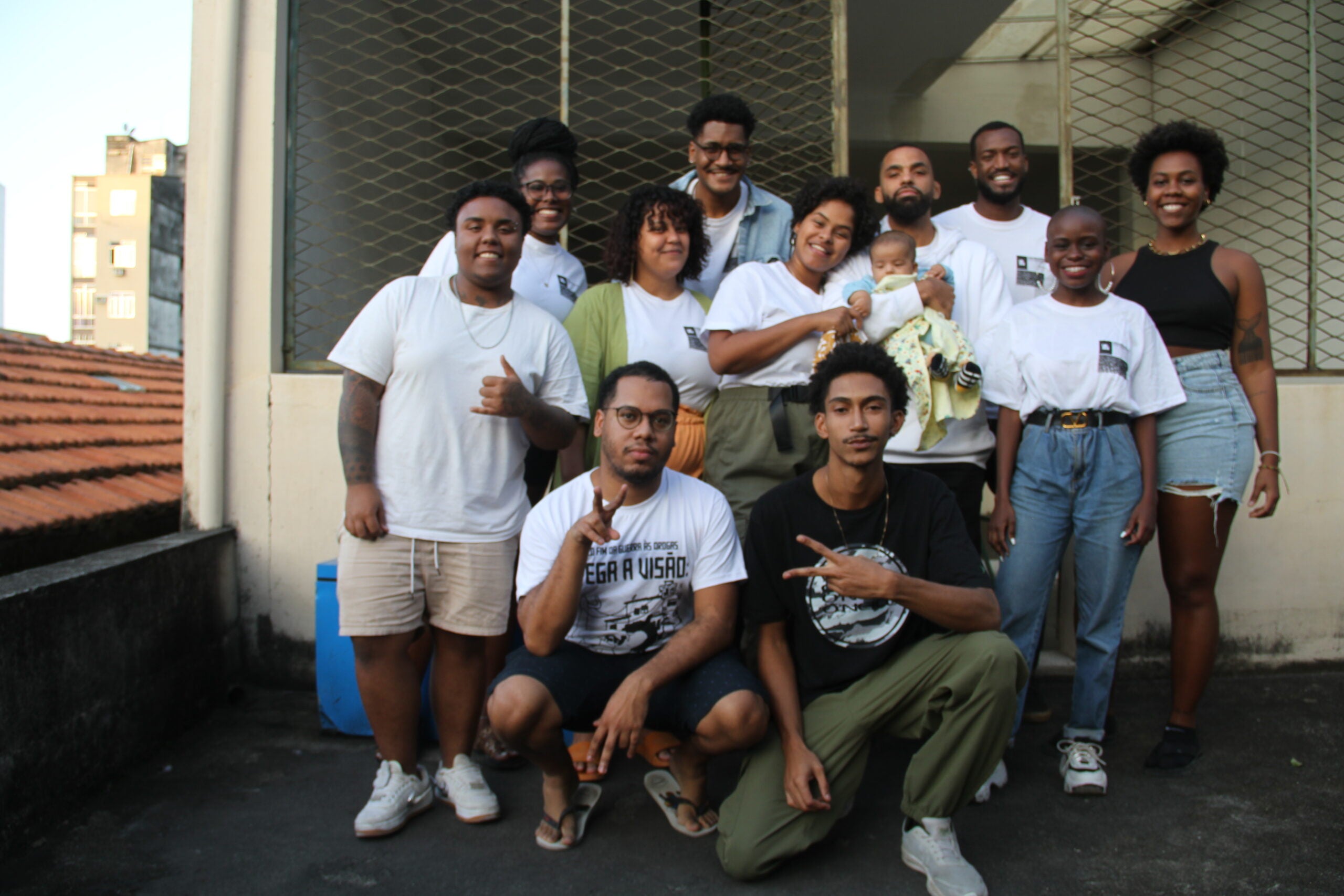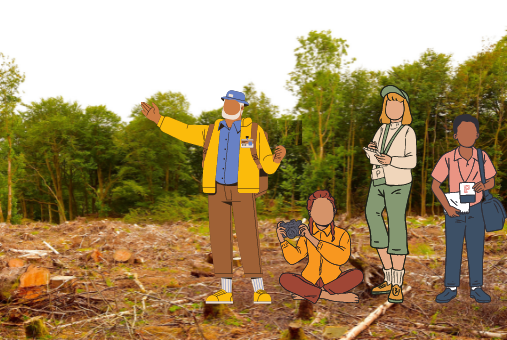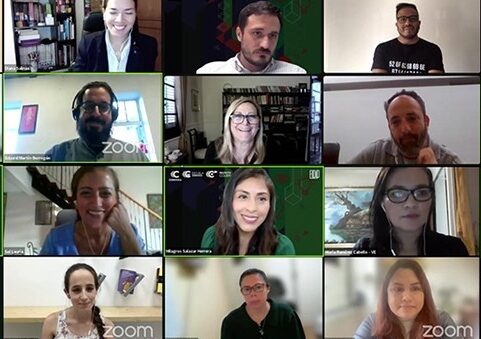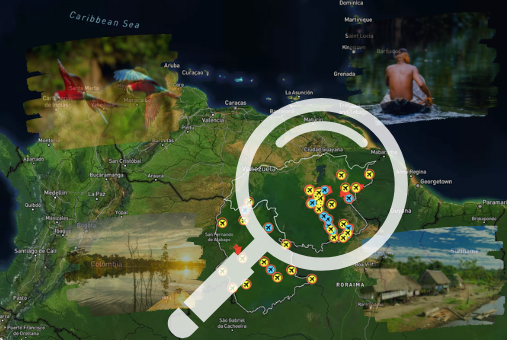
The "No fue el fuego" [It wasn’t the fire] special, winner of the Gabo 2022 Award for Coverage, achieves a harmonious convergence of different formats in a transmedia investigation of a fire in which 41 girls lost their lives in Guatemala.

During the pandemic, community journalists and doctors from local clinics warned that the official figures did not reflect the reality of the number of Covid 19 cases in the favelas. LabJaca, the data and information journalism laboratory, was born in the pandemic in the favela of Jacarezinho, Rio de Janeiro, Brazil, to inform the population there.

Although more and more media outlets are launching their 'daily' podcasts, some surveys and success stories show the real opportunity for journalism lies in documentary podcasts, containing attractive narrative elements and sound design, podcast specialists from Argentina, Brazil and Mexico agreed.

Representatives from elTOQUE, Periodismo de Barrio (Cuba), Gato Encerrado (El Salvador) and Ciencia del Sur (Paraguay) are participating for the first time in the JournalismAI Academy for Small Newsrooms, where they will seek to apply artificial intelligence in areas such as big data analysis, speech verification and relationship with their audiences.

Technological advances over the years have changed the profile of the journalist. He or she is increasingly resembling a multifaceted professional who can write, take photographs, edit video, record audio, and even program. In this article, interviewing media professionals in Latin America, we try to answer the question: Is it vital for a journalist today to learn to program?

The Meta Journalism Project and CUNY's Graduate School of Journalism teamed up to bring to life the News Product Design Sprint program, where 12 newsrooms in Latin America received training by expert coaches to create low-investment, high-impact digital product prototypes based on responding to a clear need of an audience.

Five South American journalists with experience covering the Amazon rainforest shared some basic measures and tips to consider when covering this vast natural region successfully and safely.

In mid-July, the news outlet from Peru Convoca.pe held the Latin American Meeting on Data, Innovation and Investigative Journalism (ELDIP). LatAm Journalism Review (LJR) attended the conference and summarizes the points discussed that facilitate the creation of innovation teams and successful investigative stories.

Journalists from Brazil, Colombia and Venezuela are using innovative methodologies, strategies and tech tools to address the environmental and social conflicts that threaten the Amazon, without putting themselves at risk by going deep into the rainforest.

Argentine-based journalists were selected to participate in a program on how to cover the impact of algorithms on society, while news outlets from Argentina, Brazil, Mexico and Paraguay are participating in a collaborative challenge to develop artificial intelligence tools to enhance the work of journalists.

The Brazilian digital news outlets AzMina and Núcleo have created the Amplifica project, a tool to follow their readers’ debates on Twitter and to promote conversations between the public and the news outlets on the social network. The idea is that, by getting to know their public better and knowing what their interests are, the media can get closer to their readers and maximize the impact of the journalism they produce.

Members of La Nación, Data Crítica, CLIP and Bloomberg News developed a workflow that seeks to help journalists with limited technological knowledge to identify visual indicators in satellite images and develop journalistic investigations based on it.